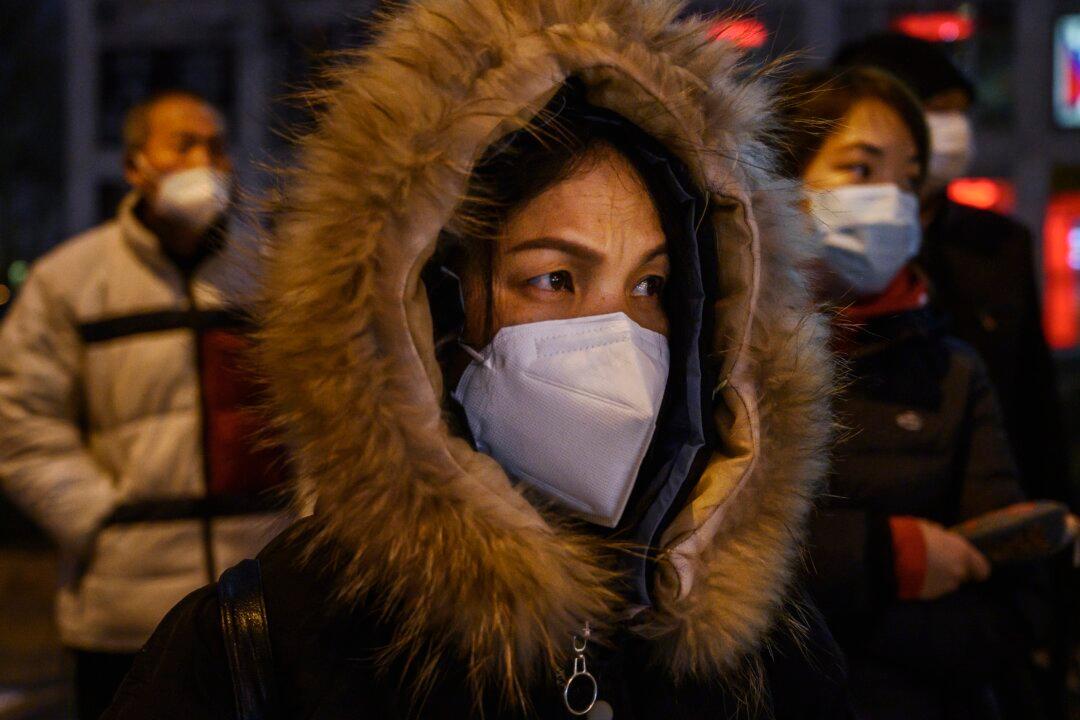In recent weeks, the Chinese regime has reported fewer novel coronavirus diagnoses across the country, making it appear as if the outbreak was leveling off.
The Epoch Times previously obtained confidential internal documents showing that in the coastal province of Shandong, authorities were purposefully under-reporting the number of diagnostic kit test results that turned up positive.





